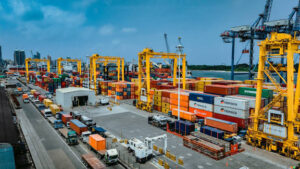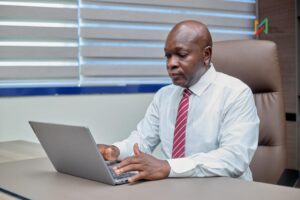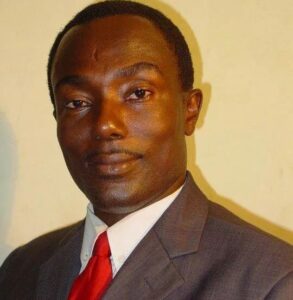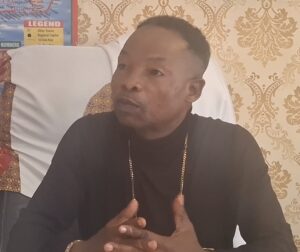
The Supreme Court has priced two of the properties of businessman Alfred Woyome earmarked for sale at a minimum of GHc 11. 7 million.
The properties which are residential facilities are located in Kpehe and Trassaco Valley were pegged at a minimum of GHc 3.4 million and GHc 8.3 million respectively.
The Supreme Court’s order paves the way for the auction of the properties in line with the decision by the court giving the state the permission to sell Mr. Woyome’s properties to offset part of the GHc47 million debt owed the state.
The ruling followed claims made by the Receivers of defunct UT Bank that some of the properties identified by the state for sale was theirs.
According to the lawyers of the defunct UT Bank, Mr. Woyome used the said properties as collateral for loans at the bank which he failed to pay back.
A third property in Trassaco is expected to be valued for the Supreme Court to make a determination on it.
Background
Mr. Woyome had sued the state for a breach of contract relating to the construction of stadia for the 2008 tournament and was awarded the default judgment because the state did not put in a defence.
However, an Auditor General’s report released in 2010 said the amount was paid illegally to Mr.Woyome, who is a known National Democratic Congress financier.
He was subsequently arrested on February 3, 2011, after the Economic and Organised Crime Office (EOCO), which was commissioned by the late President John Atta Mills to investigate the matter, had cited him for wrongdoing.
Mr. Woyome was initially charged with conspiracy, defrauding by false pretence and corrupting a public officer.
He was later re-arraigned and charged with two counts of causing financial loss to the state and defrauding by false pretence.
The interim report of EOCO, which was presented to the President on February 2, 2012, also indicted Yaw Osafo Maafo, the then-Minister of Education, Youth and Sports and his deputy, Mr. O. B. Amoah.
But Mr Osafo-Maafo secured a court order which declared that EOCO’s investigation of him as illegal.
On June 5, 2012, Mr. Woyome was discharged but re-arrested and charged with two counts of causing financial loss and defrauding by false pretence.
The case unravelled until March 12, 2015, where the Fast Track High Court trying Mr. Woyome, again discharged him.
Delivering his judgment, Justice John Ajet-Nasam, said the State woefully failed to prove beyond a reasonable doubt that Mr. Woyome was guilty.
Justice Ajet-Nasam also said there were no contradictions to the documentation evidence on the agreement for the compensation claimed by the accused person.
But in 2014, the Supreme Court ordered Mr. Woyome to pay back the amount, after former Attorney General and now Special Prosecutor, Martin Amidu challenged the legality of the judgment debt paid the businessman.
Following delays in retrieving the money, the Supreme Court judges unanimously granted the Attorney-General clearance to execute the court’s judgment ordering Mr. Woyome to refund the cash to the state.
Source: citinewsroom.com







